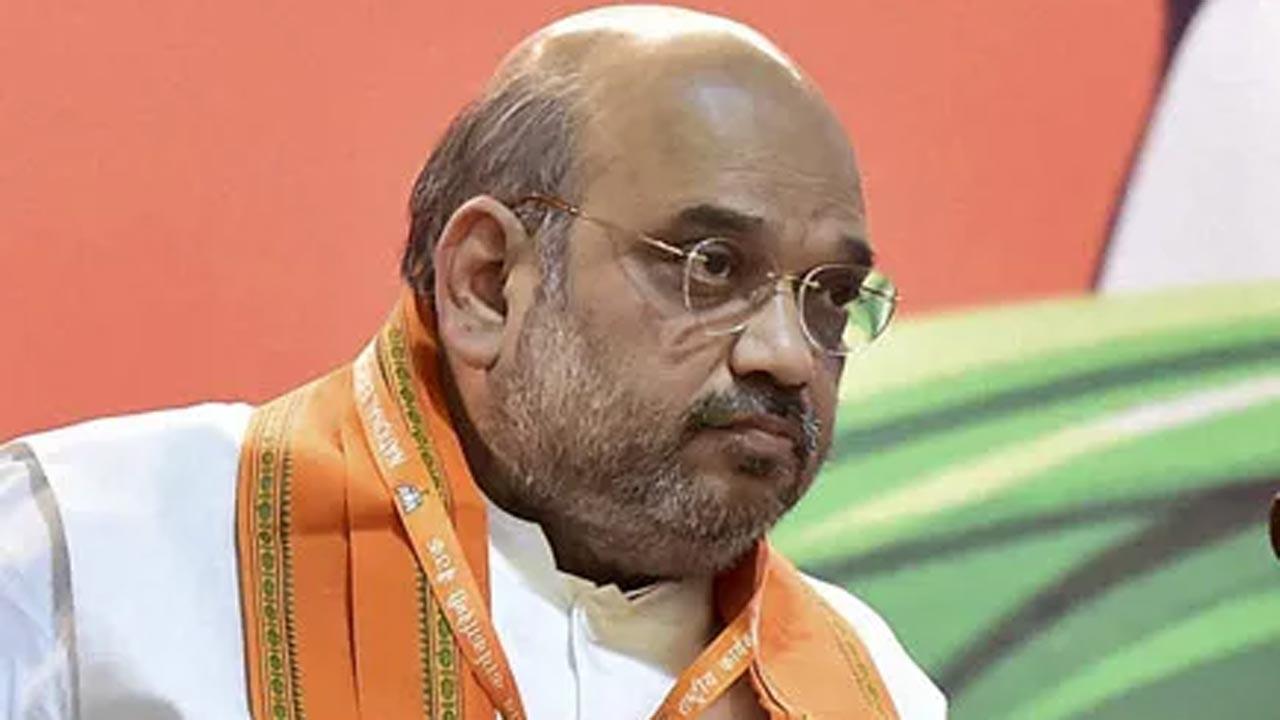Shah chaired the concluding session of the 'National Security Strategies Conference" at the Intelligence Bureau (IB) headquarters here and the deliberations held were "detailed and expansive, a spokesperson of the ministry said

Amit Shah. File pic
Union Home Minister Amit Shah discussed various security issues, including the recent killing of civilians in Jammu and Kashmir, in a meeting with state police and central armed police forces chiefs here on Monday, officials said.
ADVERTISEMENT
Shah chaired the concluding session of the "National Security Strategies Conference" at the Intelligence Bureau (IB) headquarters here and the deliberations held were "detailed and expansive", a spokesperson of the ministry said.
The DGPs of all states and Union Territories, and chiefs of Central Armed Police Forces (CAPFs) participated in the meeting. "The conference deliberated on various internal security challenges and discussed ways to tackle them firmly," the spokesperson said.
Also read: Will meet Amit Shah, says Pawar on extension of BSF's operational jurisdiction
Official sources said the overall security situation in the country and various law and order issues, including the recent incidents of targeted killings of civilians in Kashmir, were discussed in the meeting.
A spate of civilian killings have taken place in Kashmir in which non-local labourers have been shot dead by terrorists over the last few days.
In the meeting, the home minister also reviewed the current Left Wing Extremism (LWE) scenario in various Naxal-affected states and discussed busting of terror modules across the country, the sources said. The meeting is part of the exercise initiated by the home minister to meet the top police brass once in six months.
This story has been sourced from a third party syndicated feed, agencies. Mid-day accepts no responsibility or liability for its dependability, trustworthiness, reliabilitsy and data of the text. Mid-day management/mid-day.com reserves the sole right to alter, delete or remove (without notice) the contents in its absolute discretion for any reason whatsoever
 Subscribe today by clicking the link and stay updated with the latest news!" Click here!
Subscribe today by clicking the link and stay updated with the latest news!" Click here!







